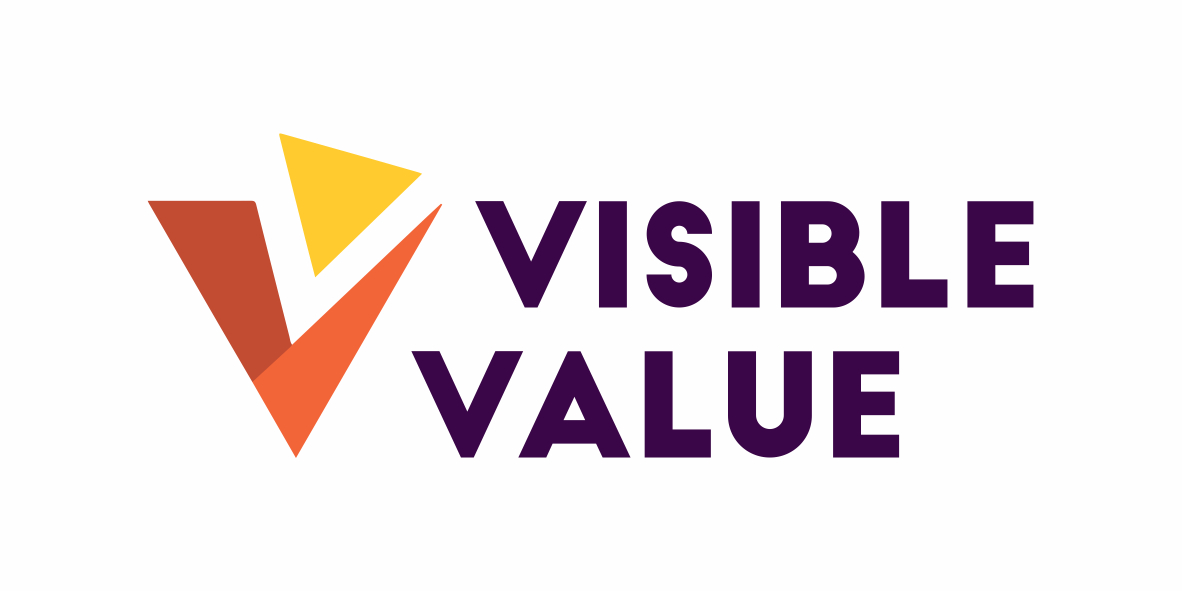About Recognition
The four types of recognition were first identified in the 2004 “Pathways towards validation and recognition of education, training and learning in the youth field” which mention the different types of recognition.
In 2011, in the Pathways 2.0 towards recognition of non-formal learning/education and of youth work in Europe working paper, the four areas were defined for the first time. This was further expanded in the publication Unlocking Doors to Recognition also in 2011, and simplified in the report from the Symposium on Youth Policy Cooperation in South East Europe, again in 2011. There is also a version of the definitions in the Youthpass website that is oriented specifically to learning.
To support an understanding of the different areas of recognition as you explore Visible Value, below is an expanded explanation of each of the four areas:
Self-recognition starts with us! It is about recognising who we are, what we do, and knowing the value our work has. It is also about recognising who else is part of the community of practice and recognising what it is they do. Self-recognition includes being able to gather evidence of what it is we do. Self-recognition means being able to see the developments that are needed to improve the quality of youth work.
Social recognition is when others gain a better understanding of what we are doing. It is about the social players acknowledging and valuing the positive impact of youth work and non-formal learning/education on young people and therefore on their communities as a whole. In practice it means that both the community (the public) and the other sectors (NGOs, private, municipal, media, institutions, education, etc.) not only know what youth work is, but have a positive attitude towards it. In essence it is about gaining visibility for young people, youth work and the organisations providing this work.
Political recognition is when young people and or youth work are included in policies about young people and/or are the focus of policies. This can be at local, regional, national and international levels. It is about youth work getting onto the political agenda, entering legislation and becoming a part of political strategies - and supporting the involvement of young people and youth work in those strategies. It is the political level acknowledging and recognising youth work and the value of youth work.
Formal recognition has two areas of focus. It refers to the ‘validation’ of learning outcomes and the ‘certification’ of learning processes in youth work through recognised and accepted certification. It also refers to the training and education of youth workers, either within the context of youth work itself or through the formal education system. This includes the recognition of competencies acquired when entering formal education; official accreditation of non-formal education/learning programmes by formal accreditation bodies; licensing of youth workers and youth work trainers; officially recognised occupation of “youth worker” by the state, etc.

